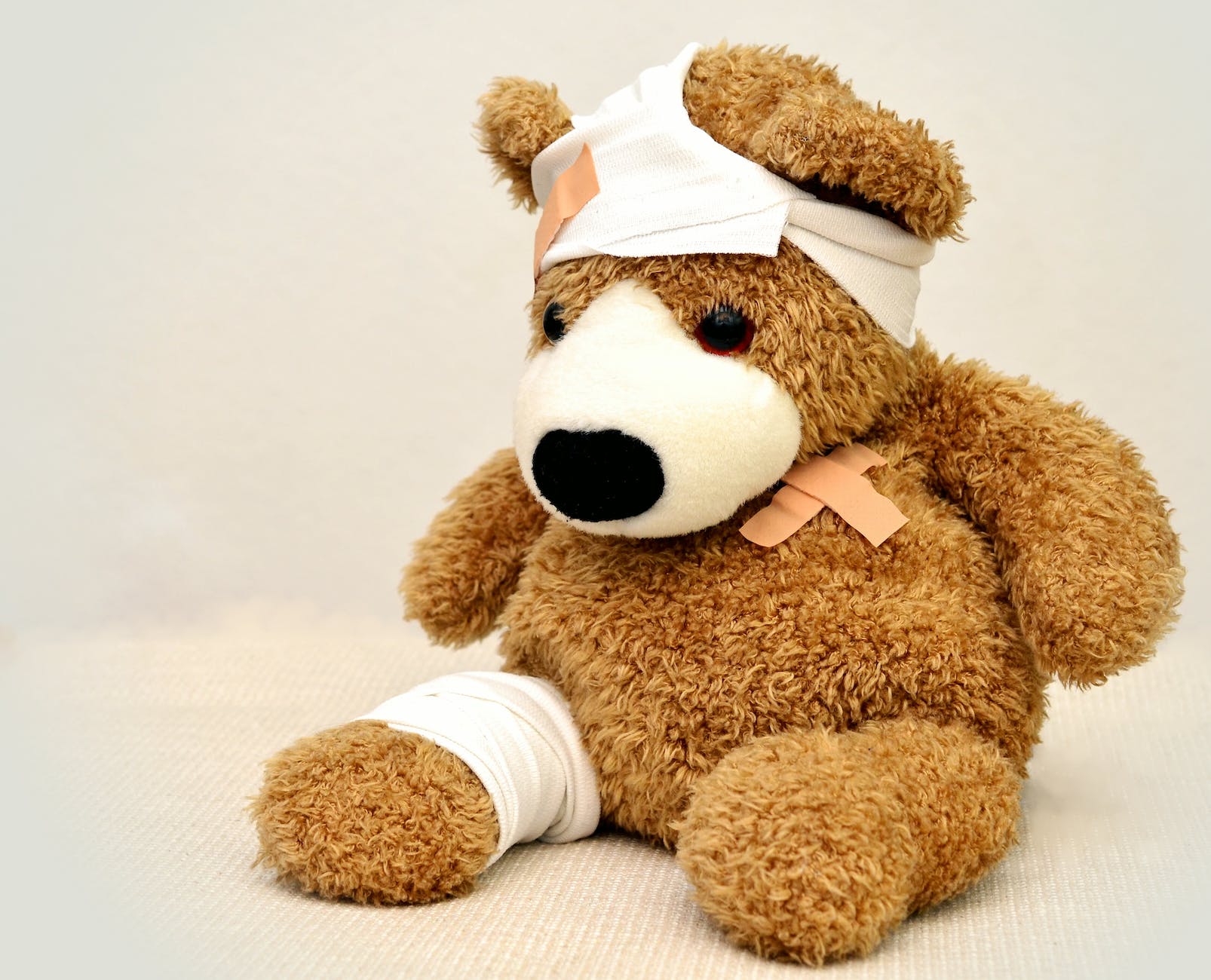
Safety Tips That You Should Really Be Following When Taking Any Kind of Medicine

This is a collaborative post
Whenever we feel a little sick, the most common thing to do is phone up our doctor, book an appointment, and get ourselves checked out. This might lead to the doctor telling you that you’re perfectly fine, but it could also involve a bit of medicine. They might prescribe something for your condition or you could even request something to make you feel better.
But how often have you questioned the medicine that you’ve been prescribed?
Most people have complete faith in their doctor, and it’s easy to understand why, especially if they’re so friendly and you know they make a living helping others. But that doesn’t mean they can’t make mistakes, and it also doesn’t mean that other factors won’t affect your health when you take that medicine. So in this post, we’re going to take a look at some general safety tips that you should be following whenever you take any kind of medicine or even any product that claims to be able to help improve your health.
Keep your information up-to-date with help from your doctor or pharmacist
One of the first things you should be doing is keeping your records up-to-date with your family doctor or a local pharmacist. Your medical records should contain a lot of information to help you safely take medication so that you have more peace of mind. For instance, it’ll show you a history of the medicine that you’ve taken before so you know if any of the medicine that your doctor is prescribing you now will trigger any allergies. It’ll also talk about sensitivities that you might have and it’ll explain personal conditions that could increase the risk of side effects. This could be pre-existing health conditions or even new circumstances such as pregnancy.
The important thing here is that you should always be keeping in touch with your doctor or local pharmacy to update your circumstances. This helps your doctor understand if there are changes to your situation that require a different kind of medicine, but it also helps your pharmacy examine your circumstances before they hand something to you. While it may seem excessive to have so many safety checks, it’s critical for identifying potential problems that could lead to dangerous side effects.
When buying over-the-counter medicine, make sure you do a bit of research
Whether it’s making natural remedies from off-the-shelf products or over-the-counter medicine that you can freely buy at a pharmacy, it’s incredibly important that you do a bit of research before you take something that hasn’t been prescribed by a healthcare professional. Most people are willing to try these at-home remedies and over-the-counter products because they’re either advertised to help with a specific condition, or they’re recommended by friends, family members, and people over the internet who claim to be healthcare experts.
Sadly, it’s not always a good idea to rely on over-the-counter medicine unless you’ve done a good amount of research from legitimate sources. It’s very common for people to fall for marketing strategies such as listening to influencers or watching TV adverts, especially when it comes to medicine for dealing with things like heartburn or a common cold. However, even if there’s a lot of information to back up that something works, things won’t always be as they seem.
A great example of this is Zantac, a medicine that is used for heartburn. While it’s perfectly fine to use, there was a case where it was contaminated in 2019 with a deadly carcinogen. You can find more at www.rosenfeldinjurylawyers.com/news/average-zantac-lawsuit-payout/ and similar articles and posts that detail the situation. As people took the product without realizing that it was contaminated, some people developed conditions such as stomach cancer, prostate cancer, and kidney cancer.
As you can imagine, this was an absolutely devastating situation for many of these people that trusted in the medicine that they were taking. While these kinds of situations are unlikely, doing just a bit of research can help you discover if there are any issues going on which could lead to medicine being compromised.
Always read labels and follow the instructions
Lastly, you should always make sure you read the labels and follow instructions for dosages. This is usually true for taking over-the-counter medicine, but you’ll generally want to listen to your doctor for dosages when it comes to prescription medicine. Since dosages can vary depending on your circumstances and the strength of the medicine you’re taking, this is something that you should always confirm with your doctor beforehand.

















































